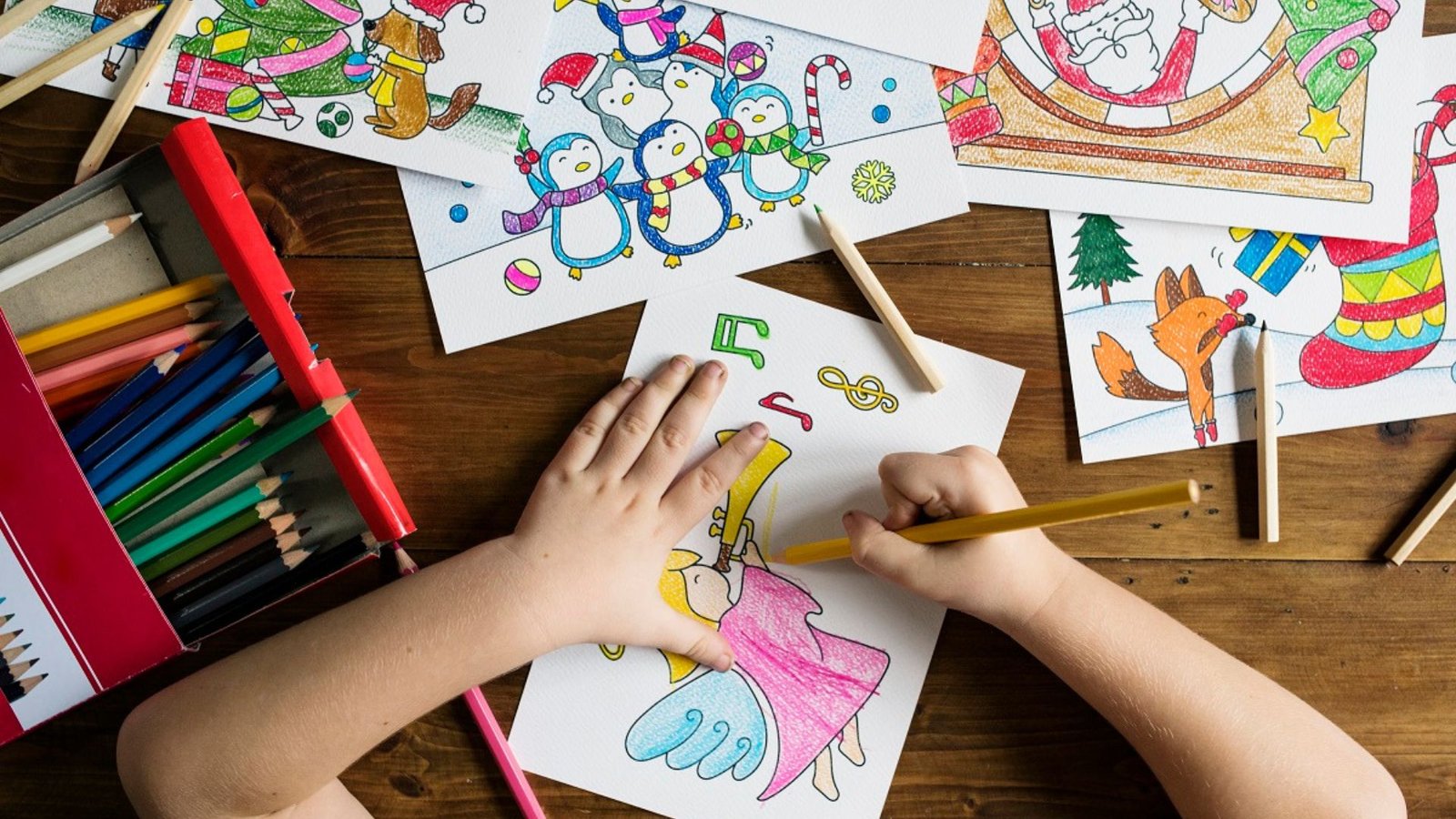|
Getting your Trinity Audio player ready...
|
Literacy arts encompass a diverse array of creative expressions that revolve around the written and spoken word. From literature to poetry, storytelling to journalism, these forms of artistic communication have been instrumental in shaping cultures. Furthermore, they inspire movements and foster connections among people throughout history. In this comprehensive guide, we will delve into the multifaceted world of literacy arts. We will also explore their significance, evolution, and enduring impact on society.

The Power of Literature
Literature stands as a testament to the human experience, offering insights into the complexities of life, love, and the human condition. From ancient epics like the Odyssey to modern classics like To Kill a Mockingbird, literature spans genres, periods, and cultures, inviting readers to embark on journeys of self-discovery and empathy. Through the pages of a book, readers can explore distant lands, confront existential dilemmas, and grapple with moral quandaries, all from the comfort of their imagination.
The Beauty of Poetry
Poetry, with its evocative language and rhythmic cadence, has the power to stir emotions, provoke thought, and capture the essence of the human spirit in just a few lines. From the sonnets of Shakespeare to the haikus of Basho, poets have used verse to express love, longing, joy, and sorrow with unparalleled beauty and precision. With its ability to distil complex emotions into succinct and powerful imagery, poetry transcends language barriers and resonates with readers on a profound level.
Exploring Creative Nonfiction
Creative nonfiction merges the artistry of storytelling with the factual accuracy of journalism. Additionally, it offers readers a compelling blend of narrative and truth. From memoirs and personal essays to travelogues and investigative reports, creative nonfiction allows writers to craft captivating narratives while staying grounded in reality. By drawing on personal experiences, historical events, and social issues, creative nonfiction writers can shed light on the human condition and inspire meaningful reflection and dialogue.
The Role of Literacy Arts in Education
Literacy arts play a vital role in education, serving as foundational skills that empower individuals to communicate effectively, think critically, and engage with the world around them. By exposing students to diverse literary works, educators can cultivate empathy, cultural understanding, and a lifelong appreciation for the written word. Moreover, literacy arts provide students with opportunities for self-expression and creativity, fostering confidence and self-discovery in the process.
Literacy Arts in the Digital Age
In today’s digital age, literacy arts have transformed, finding new avenues for expression and dissemination through digital platforms and social media. From blogs and podcasts to online publishing platforms and multimedia storytelling, digital technologies have democratized the creation and sharing of literary content. However, the digital landscape also presents challenges, including issues of misinformation, online harassment, and the erosion of traditional publishing models. Additionally, this underscores the importance of digital literacy and critical thinking skills in navigating the digital world.
The Future of Literacy Arts
As we look to the future, literacy arts will continue to evolve and adapt to the changing needs and preferences of society. Emerging technologies such as virtual reality, augmented reality, and artificial intelligence offer new possibilities for immersive storytelling and interactive experiences. Additionally, global challenges such as climate change, social inequality, and political unrest will provide fertile ground for literary exploration and social commentary. In an increasingly interconnected world, literacy arts will remain essential tools for understanding. Furthermore, literacy arts will remain essential tools for empathy, and dialogue. This serves as bridges that connect individuals and communities across time, space, and culture.
Conclusion
In conclusion, literacy skills have the power to inform, inspire, and transform lives. Additionally, it shapes our understanding of the world and our place within it. From the timeless elegance of literature to the emotive beauty of poetry, literacy arts invite us to explore the depths of human experience. Furthermore, it fosters connections and enriches lives in the process. As we continue to embrace the richness of literacy arts, let us celebrate their enduring legacy and the boundless possibilities they offer for creativity, expression, and connection.
Furthermore, literacy skills contribute to critical thinking, communication skills, and empathy, fostering a more inclusive and empathetic society. By promoting literacy arts education and supporting cultural institutions that preserve and promote literary heritage, we can ensure that future generations continue to benefit from the transformative power of words. Through literacy arts, we can bridge divides, amplify marginalized voices, and create a more just and compassionate world.
You might also be interested in the following:

